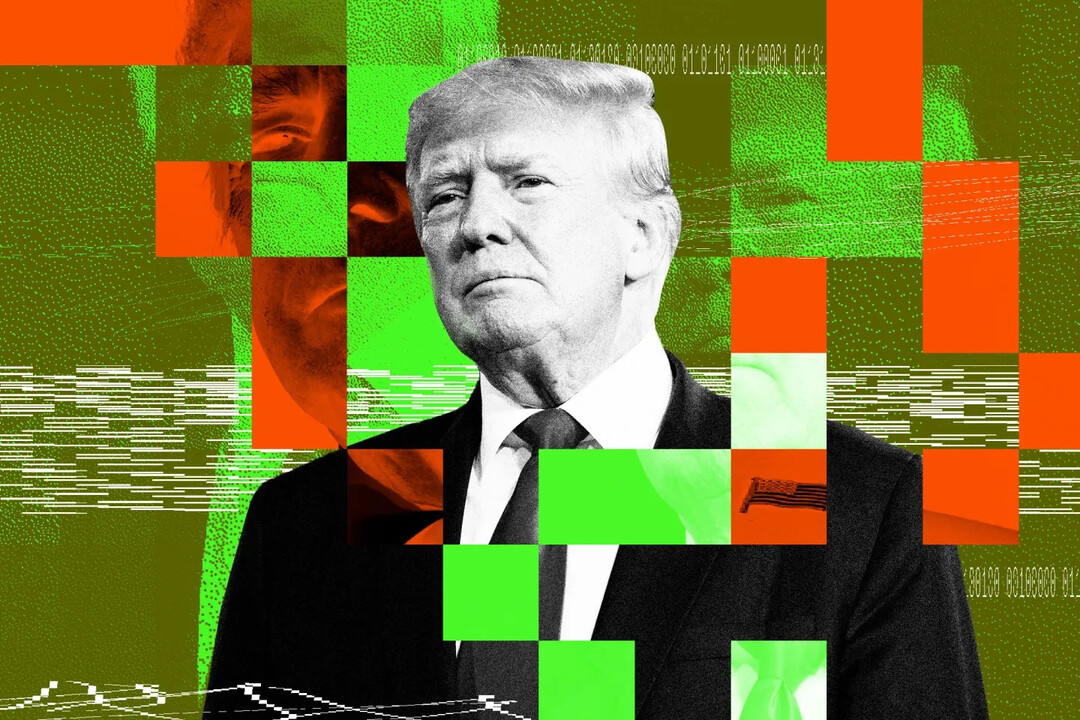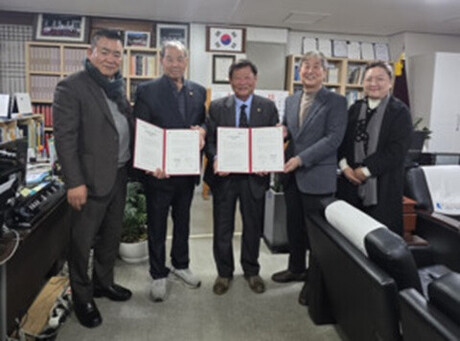
Mexico - Despite significant growth and ambitious government initiatives, Mexico's burgeoning electric vehicle (EV) manufacturing sector faces a serious threat from potential U.S. tariffs. Geopolitical tensions, particularly the reimposition of a 25% tariff on goods from Mexico by the United States, are raising concerns about the future of this rapidly expanding industry.
Mexico has witnessed an extraordinary thirty-fold increase in EV production over the past four years, positioning itself as a potential major player in the global EV supply chain. A significant portion, approximately 80%, of Mexico's total vehicle exports are destined for the U.S., with EVs forming an increasingly substantial share of this trade.
The border state of Nuevo León has emerged as a crucial hub, hosting over 70 companies that supply vital materials and auto parts to electric vehicle giant Tesla. In response to recent diplomatic friction and the looming tariffs, Nuevo León's Governor Samuel García has announced proactive measures to mitigate the anticipated economic fallout.
"Nuevo León will remain in first place," Governor García asserted, unveiling a plan that includes tax cuts and fiscal stimuli for businesses in the automotive sector. The state also intends to aggressively pursue alternative markets in Europe and Asia, while a "Made in Nuevo León" program aims to bolster local consumption. García, a known EV enthusiast, has expressed confidence in the state's ability to weather the impending economic challenges.
The renewed threat of tariffs comes as the U.S. is set to impose a 25% levy on all vehicles imported from Mexico starting April 2nd. This measure follows a brief exception granted to automakers meeting specific conditions outlined in the United States–Mexico–Canada Agreement (USMCA), a trade deal negotiated during the previous U.S. administration.
Nuevo León is not alone in its efforts to shield its EV industry. The central state of Guanajuato launched a similar protection plan in February, and the governor of Puebla recently announced intentions to purchase around 500 vehicles from a local Volkswagen plant to support production. While President Claudia Sheinbaum has pledged to defend Mexican economic interests, industry experts anticipate that the impact of the tariffs will be widespread and unavoidable across the country.
Manuel Montoya, director-general of Cluster Automotriz de Nuevo León, the state's leading automotive industry chamber, expressed concerns about the uncertainty's impact on investment. "This uncertainty is affecting investments both new and ongoing," Montoya stated, emphasizing the difficulty of finding alternative markets to compensate for the potential loss of U.S. business, which accounts for nearly 80% of Mexico's vehicle exports. "We would lose that business, and we would have to go into another line of work."
Historical Context and Current Growth:
Mexico's rise as a manufacturing powerhouse can be traced back to the North American Free Trade Agreement (NAFTA) in 1994. The agreement, combined with low labor costs and geographical proximity to the U.S., transformed numerous Mexican states, particularly those along the northern border, into significant manufacturing centers. Today, Mexico ranks as the seventh-largest car producer globally, employing approximately one million people in the automotive sector.
The electric vehicle segment has experienced particularly rapid growth. Data from Cluster Industrial, a Mexican mobility consulting firm, indicates a thirty-fold increase in EV production since 2020. In the past year alone, production nearly doubled, reaching approximately 206,900 units.
While Nuevo León currently does not host EV assembly plants, it plays a critical role in the electric mobility supply chain, accounting for nearly a fifth of the national total. Although plans for a Tesla gigafactory in the state remain uncertain, Nuevo León is home to over 70 companies supplying the electric carmaker. Notably, over half of the new investments in the state's automotive industry between October 2021 and May 2024 were directed towards electric mobility.
Broader Implications and Challenges:
The threat of U.S. tariffs is not the only headwind facing Mexico's EV ambitions. Potential shifts in U.S. policy, such as the discontinuation of EV mandates, the pausing of federal clean energy programs, and the elimination of federal EV tax credits, could significantly reduce demand in Mexico's primary export market.
Experts like Gil Tal, director of the Electric Vehicle Research Center at the University of California, Davis, highlight the "lack of clarity about the future," which could have severe consequences for Mexico's EV development. Investments in new assembly lines and workforce training associated with EV manufacturing have significant positive ripple effects throughout the economy, which could be jeopardized by a downturn.
Lourdes Cobos, president of Clúster de la Industria Automotriz de Coahuila, another key automotive state bordering Nuevo León and home to General Motors, notes that foreign auto companies are increasingly cautious about investing in the sector due to the uncertainties. Production volumes are likely to decline as a direct result of the tariff threat.
Seeking Diversification:
In response to the potential U.S. trade barriers, Mexico has been exploring partnerships with Chinese EV manufacturers, who currently account for nearly 10% of new car sales in the country. JAC Motors already has production facilities in Mexico aimed at the domestic market, and SAIC's MG Motor announced plans last year to build a manufacturing plant. Governor García also met with BYD Americas CEO Stella Li to discuss potential investments. However, China recently delayed approval for BYD's planned factory, citing concerns about technology transfer to the U.S. The plant was expected to generate 10,000 jobs and produce 150,000 vehicles annually.
The Mexican Association for the Automotive Industry has warned of the broader societal consequences of job and investment losses, stating that such economic hardship could "generate a breeding ground for the criminal activities that we seek to combat."
As the deadline for the U.S. tariffs approaches, Mexico's EV sector stands at a critical juncture. While government initiatives and the dynamism of states like Nuevo León offer a degree of resilience, the impact of the trade measures and broader geopolitical factors will likely play a significant role in shaping the future of Mexico's electric vehicle ambitions.
[Copyright (c) Global Economic Times. All Rights Reserved.]






























